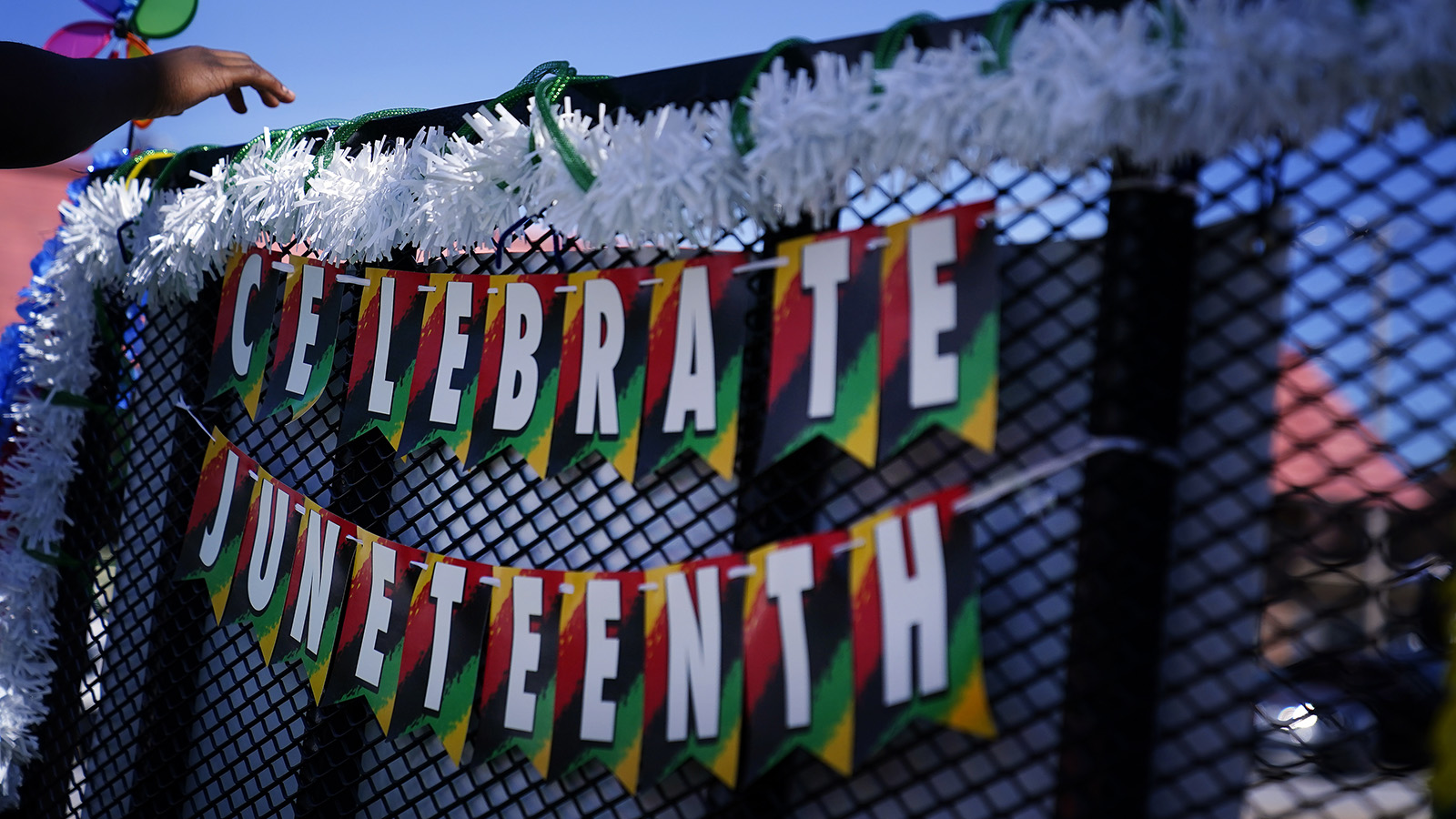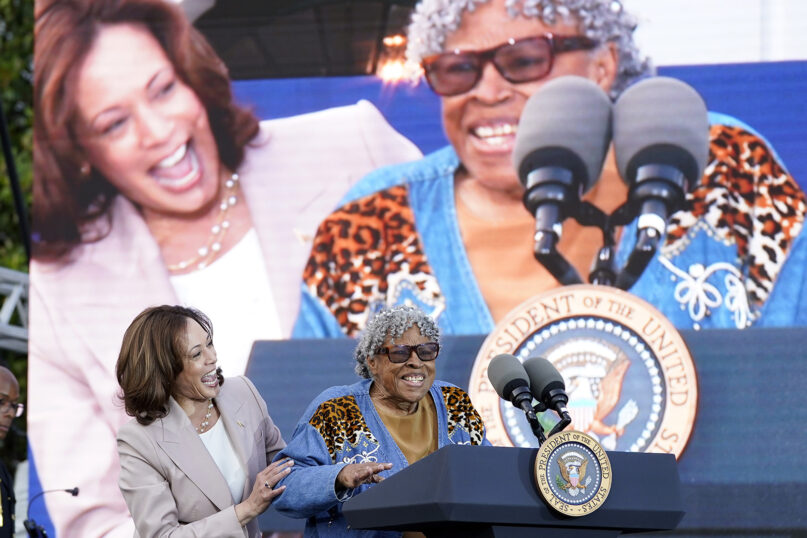(RNS) — On June 19, 1865, the news finally reached 250,000 enslaved Black Americans in Texas that their freedom had become a reality, more than two long years after the Emancipation Proclamation had legally ended slavery in the United States.
Texans have celebrated the day, which became known as Juneteenth, for more than 150 years — long before it became recognized as a national holiday in 2021. It’s a shame that it took so long, because the day has a lot to teach Americans.
Juneteenth is a chance to celebrate freedom, certainly. It’s also a chance to witness and model the idea that we should celebrate those who suffer, those who are marginalized or discriminated against. Juneteenth provides us a chance to fight the whitewashing of history. It’s a day to recenter Black voices in particular, uplift them and honor their legacy and sacrifice.
We need days like this, as the current debate over how to teach African American history in our schools shows.
But celebrating Juneteenth isn’t just about history. After all, African American history is still being written. We still suffer under the generational effects of the racism that begot slavery. It lingers in economic and social disadvantage, brutality in policing, even discrimination against our children. It’s about the future we build today. And that future must be built on radical, unprecedented grace.
I have a word I like to use to describe people who live in this grace, despite the racism and brutality all around them: “Gracists.” Gracists are people who extend the same unmerited and unrequitable favor God extends to us despite others’ color, class or culture. I like the word because it contains two powerful and opposing realities of our lives today.

A Celebrate Juneteenth sign during a Juneteenth parade on Saturday, June 18, 2022, in East Point, Georgia. (AP Photo/Brynn Anderson)
Christians are conscious of the life-changing power of grace in our lives. Many of us have felt God move to redeem, heal or justify us when we knew we didn’t deserve it. We know we don’t deserve grace. All we can do is ask for it. And our gracious Father in heaven cherishes our differences and gives us unique abilities and desires in line with them.
As Americans, we’ve all felt the life-changing power of racism in or near our lives. We’ve witnessed the ugliness and destruction it causes. We’ve all seen the headlines describing tragic death after death of young Black men and women. We’ve mourned them together and cried out for justice.
If you are Black, it’s much more personal. You know there are neighborhoods you shouldn’t visit. You know what it’s like to fear for your children at night. You tell stories about your family that no white person ever can, because your family members were enslaved.
The idea of “gracism” is to invert the ugliness and evil of racism. It accepts that African Americans have suffered and continue to suffer at the hands of white supremacy.
Gracists embrace and uplift people who are different from themselves. Gracism sees race and delights in it. Gracism actively seeks to uplift those who are less fortunate, every day and every place.
Holidays like Juneteenth are so important for our collective work of retelling the story of race in America. Juneteenth recognizes the start of a long journey for Black Americans of fighting through disadvantages and discrimination, and it gives us a moment to celebrate the monumental achievements of the Black community since that fateful day in 1865. And, of course, it inspires us to keep moving forward.
We can’t just remember the evils of our past. We need to learn from them and correct them at every opportunity. We need to extend grace where there once was hate.
This Juneteenth, be a gracist.
(David Anderson is a pastor of Bridgeway Community Church in Maryland and founder and president of Gracism Global. The views expressed in this commentary do not necessarily reflect those of Religion News Service.)





